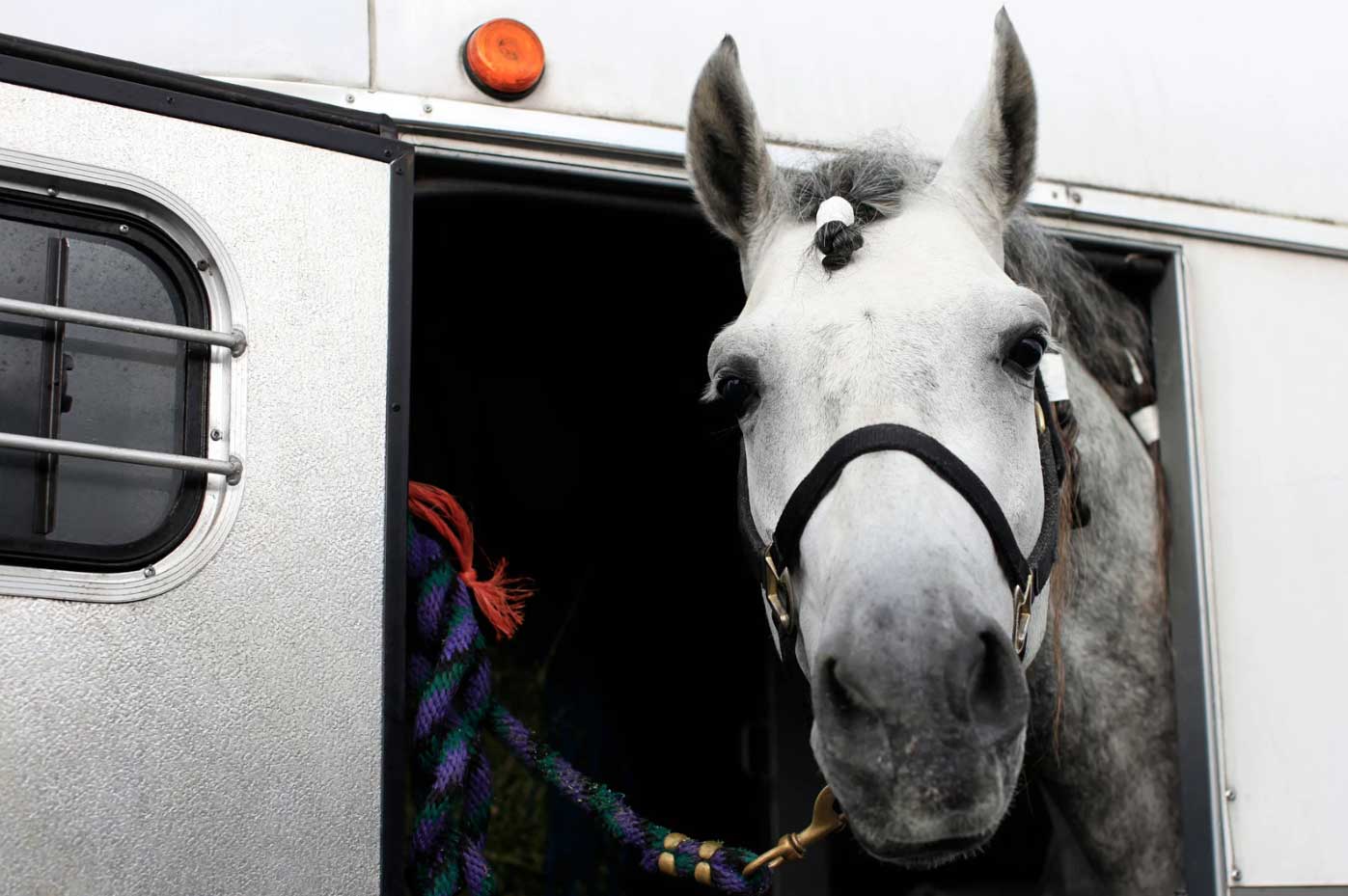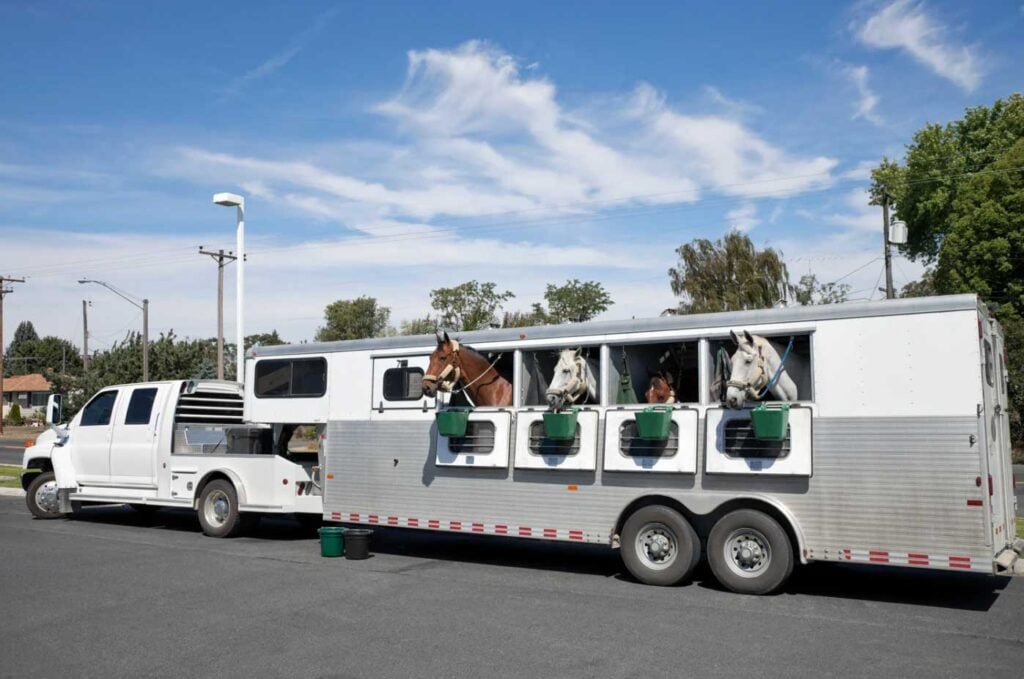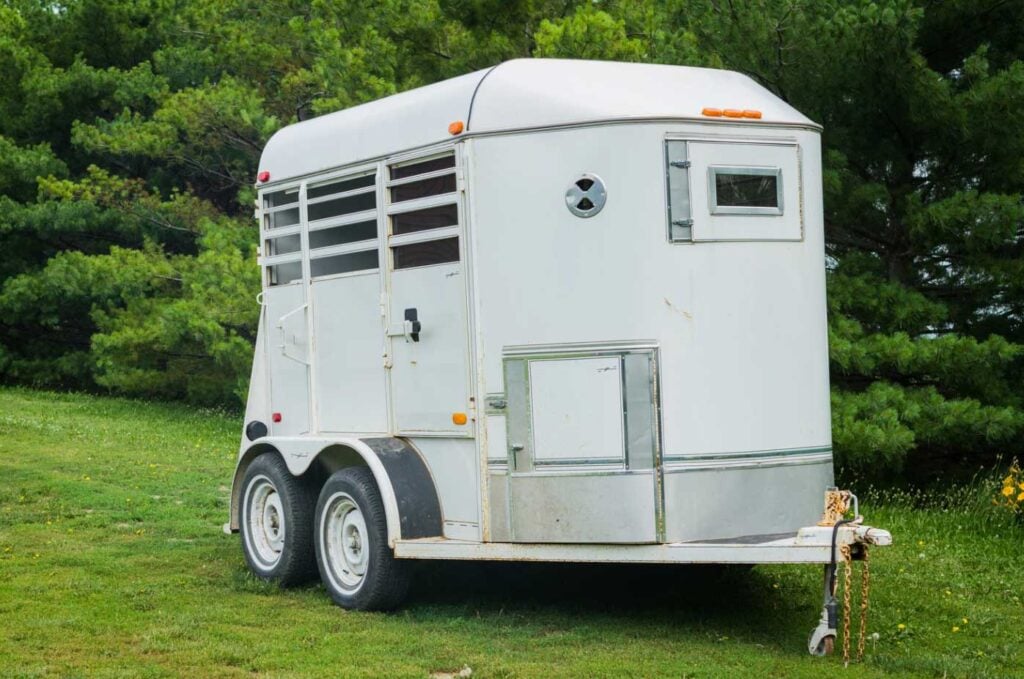
Efficient financing of a horse trailer is vital to ensure that investments in equine transportation remain affordable and sustainable. Homeowners with horses need financing options that balance equity, income, and collateral while managing insurance, inventory, and annual percentage rate considerations. This article outlines various financing options, budgeting strategies, the application process, and a comparison of loan types to help you choose the best method for your needs.
What Are the Main Types of Horse Trailer Financing Options?
Financing options typically include secured loans, unsecured loans, and lease-to-own agreements. Each option offers benefits and challenges based on your credit history, available collateral, and income.
How Do Secured Horse Trailer Loans Work?
Secured loans require collateral—often the trailer or another valuable asset—to guarantee repayment. Because collateral reduces lender risk, these loans tend to have lower interest rates and longer repayment terms. This option can lower monthly payments and improve approval chances, while leveraging existing equity in the trailer.
What Are the Pros and Cons of Unsecured Horse Trailer Loans?
Unsecured loans require no collateral, making them more accessible if you lack assets. However, they usually come with higher interest rates and stricter credit requirements. The advantage is that your trailer remains unencumbered, but the overall borrowing cost is typically higher due to increased lender risk.
How Does Lease-to-Own Financing for Horse Trailers Operate?
Lease-to-own agreements allow you to use the trailer with rental-like payments that build equity toward eventual ownership. This option is ideal if you have limited funds for a down payment, though the total cost may be higher than with traditional loans. It offers flexibility for those entering trailer ownership gradually.
How Can You Budget Effectively for a Horse Trailer Purchase?

Effective budgeting requires understanding down payment requirements, monthly payments, and hidden expenses. By accurately forecasting costs, you can avoid surprises and maintain financial stability.
What Are the Typical Down Payment Requirements for Horse Trailer Loans?
Most financing options require a down payment of 10–20% of the trailer’s purchase price. A substantial down payment not only reduces the loan principal but also helps lower monthly payments and interest charges. Ensure you have enough liquid assets to meet this requirement.
How to Calculate Monthly Payments for Horse Trailer Financing?
Monthly payments depend on the principal, interest rate, and loan term. Loan calculators that factor in the annual percentage rate (APR) and financing duration can help forecast expenses. For instance, a secured loan over 60 months at a competitive APR can yield predictable, manageable payments that simplify budgeting.
What Hidden Costs Should You Consider When Budgeting for a Horse Trailer?
Beyond the purchase price, consider maintenance, insurance premiums, registration fees, and potential repair expenses. Additionally, factor in unexpected collateral adjustments or market rate fluctuations. Allocating an extra 5–10% of the loan amount as a contingency reserve can help keep you financially secure.
What Is the Horse Trailer Loan Application and Approval Process?

The application process involves credit evaluation, document submission, and final approval. Lenders assess your creditworthiness and repayment ability before funding your purchase.
What Credit Score Is Needed for Horse Trailer Financing Approval?
A credit score of 650 or higher generally improves your chances of securing favorable terms. Lenders review your credit history to assess the risk of default. Homeowners with stronger credit profiles often enjoy better interest rates, while those with lower scores might need to provide extra documentation or opt for secured financing.
How to Prepare and Submit a Successful Horse Trailer Loan Application?
Prepare by gathering essential documents such as pay stubs, tax returns, asset lists, and income proof. Ensuring every detail on the application is accurate is crucial—any errors can delay processing. Lenders value applicants who demonstrate strong financial stability and a solid repayment plan.
What Tips Help Improve Your Chances of Getting Approved?
Improve your credit score by reducing outstanding debt and making timely payments. Maintain detailed financial records, aim for a substantial down payment, and, if possible, choose secured financing options. These measures can enhance lender confidence and improve your approval odds.
How Do Different Horse Trailer Types Affect Financing Options?
Financing can vary based on the trailer’s type, size, and purpose. Whether you are considering a bumper pull, gooseneck, or living quarter trailer, each option has its unique advantages and specific requirements.
What Financing Options Are Available for Bumper Pull Horse Trailers?
Bumper pull trailers generally have lower purchase prices and may qualify for loans with lower down payments. Lenders may offer both secured and unsecured options, so it is important to compare offers to secure competitive interest rates and repayment plans.
How Is Gooseneck Horse Trailer Financing Different?
Gooseneck trailers, often more expensive due to design and additional features, may require a larger down payment and longer loan terms. Secured loans are common, as these trailers usually have a higher resale value, reflecting the increased initial investment.
What Should You Know About Financing Living Quarter Horse Trailers?
Living quarter trailers often include amenities like sleeping areas and kitchens, which drive up costs. These trailers may require specialized loans that consider both construction quality and living features. While monthly payments might be higher, the long-term benefits of versatility and comfort can outweigh the initial costs.
How to Compare Horse Trailer Financing Options: Loans vs. Lease-to-Own
When comparing financing options, consider the immediate budget impact, long-term costs, and ownership benefits. Each option has distinct financial implications that should align with your lifestyle and credit situation.
What Are the Key Differences Between Loans and Lease-to-Own Agreements?
Traditional loans provide immediate ownership with fixed monthly payments and interest accrual. In contrast, lease-to-own agreements allow trial use of the trailer with payments that contribute toward future ownership. Loans can yield lower total interest costs for those with strong credit, while lease-to-own options remain attractive for individuals needing lower entry costs.
Which Financing Option Is Best for Your Budget and Needs?
The ideal option depends on your cash flow, credit history, and plans for trailer use. Homeowners with stable finances and higher credit scores may benefit from conventional loans, while those needing lower initial costs might opt for lease-to-own agreements. Compare total costs, down payment requirements, and monthly obligations carefully before deciding.
What Are Common Questions About Horse Trailer Financing?
Homeowners often ask about interest rates, down payments, and credit challenges. These queries help demystify the process and prepare potential buyers for what to expect.
What Interest Rates Can You Expect on Horse Trailer Loans?
Interest rates typically range from 4% to 12%, depending on creditworthiness and whether the loan is secured or unsecured. Rates are determined by factors such as credit score, collateral offered, and overall market conditions.
How Much Is a Typical Down Payment for a Horse Trailer?
A down payment of 10–20% of the purchase price is common for many financing options. This initial payment helps reduce the principal amount and may assist in securing a lower interest rate.
Can You Finance a Horse Trailer With Bad Credit?
Financing is possible even with bad credit, though you may face higher interest rates or be required to secure the loan with collateral. Improving your credit score and assembling comprehensive documentation can help improve your approval chances.
Where Can You Find Horse Trailer Financing Near You?
Local lenders and specialized financing providers often offer tailored loan programs for horse trailers. They typically have a better grasp of regional market conditions and provide more personalized service than larger national banks.
How to Locate Local Lenders Specializing in Horse Trailer Loans?
Begin by researching regional financial institutions, credit unions, and lenders experienced with equine or vehicle financing. Reviews, referrals, and local advertisements can help identify reliable providers.
What Are the Benefits of Choosing a Local Financing Provider?
Local lenders often offer personalized service, faster processing times, and a deep understanding of regional economic conditions. They may be more flexible with repayment structures, making them a strong option for community-based financing solutions.
Frequently Asked Questions
Q: What factors determine the interest rate on a horse trailer loan? A: Interest rates are influenced by your credit score, loan type (secured or unsecured), down payment, and current market conditions.
Q: Can I refinance my horse trailer loan if interest rates drop? A: Yes, refinancing is possible and can lower monthly payments or shorten the loan term, subject to current rates and terms.
Q: Is a larger down payment always better for financing a horse trailer? A: While a larger down payment can reduce the financed amount and lower interest charges, it should align with your available funds and budget constraints.
Q: What documentation is typically required for loan approval? A: You will need to provide proof of income, credit history, tax returns, asset statements, and verification of collateral if applicable.
Q: Are lease-to-own agreements riskier than traditional loans? A: Lease-to-own agreements offer flexibility but may result in higher overall costs, so careful comparison is essential.
Final Thoughts
Homeowners have several financing options for acquiring a horse trailer, from secured and unsecured loans to lease-to-own agreements. Each method has trade-offs in interest rates, down payment requirements, and long-term costs. By understanding these dynamics and comparing options from local lenders, buyers can make informed decisions that align with their financial goals. Careful planning and thorough documentation will improve loan approval chances and ensure your investment in a horse trailer supports your equine lifestyle now and in the future.
If you are looking to finance a horse trailer in any of the 50 states, contact Elite Direct Finance today for the best experience and lowest interest rates.
